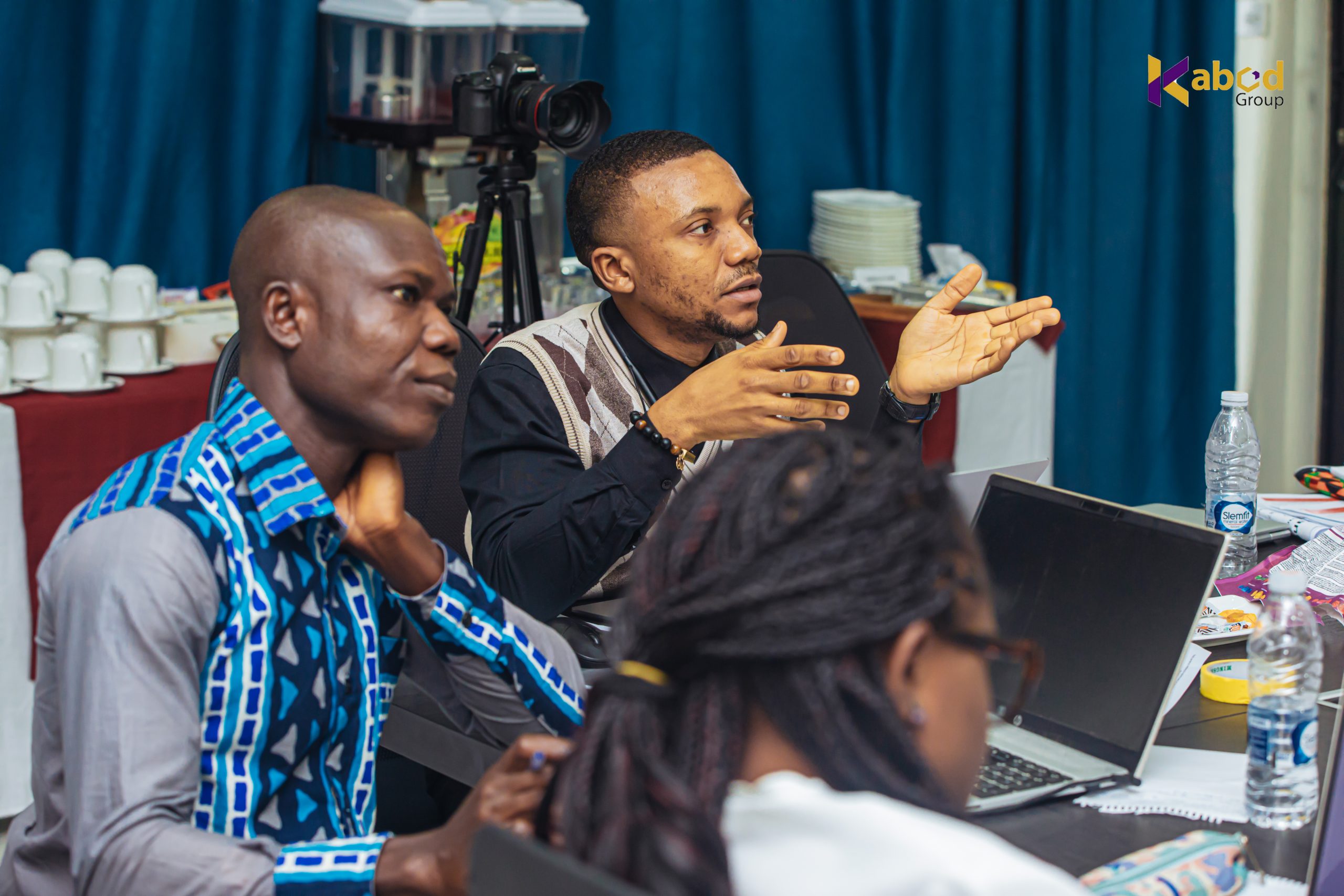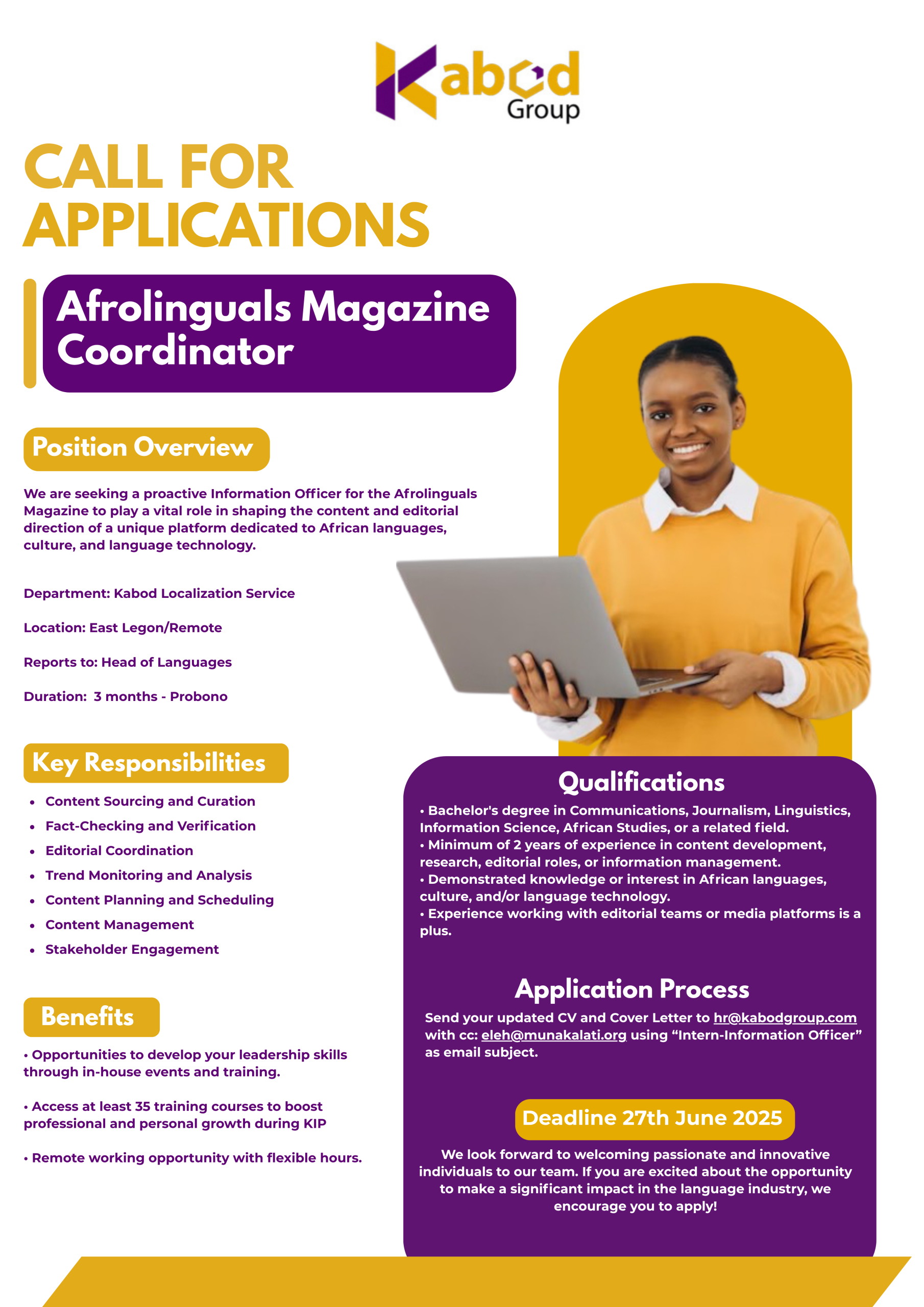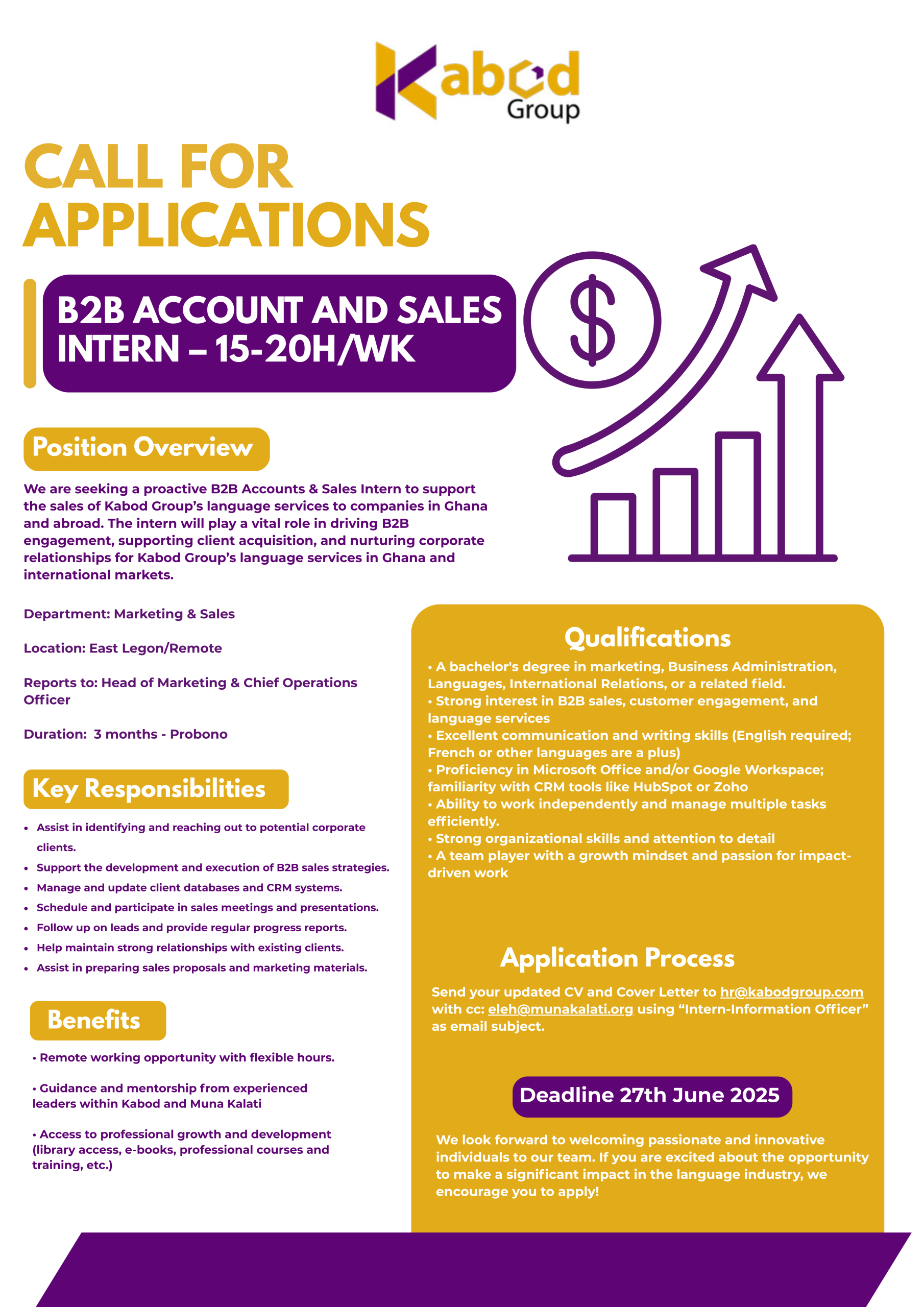The language industry in Africa is full of untapped opportunities. Kabod has ventured on a journey of identifying, documenting and highlighting inspiring stories and innovative projects from entrepreneurs, researchers and freelancers in the translation, interpretation and natural language processing communities. The final goal is to celebrate African professionals in the language industry and facilitate knowledge and experience sharing.
Mr. Abdikadir Adan, is a freelance Medical Interpreter in Kenya. He works with three languages which are English, Somali and Swahili. He is committed to service and gives his best to please his clients.
Kabod: What attracts you to the role of interpreter?
I get fulfilment from providing language services to clients who are not able to express themselves as a result of language barriers.
As a medical Interpreter, I have been able to serve patients in critical health conditions and in many situations; save lives through 911 emergency cases and this is what drives me.
Kabod: How did you start your career in the interpretation industry?
I started my career in Medical Interpreting after Covid hit and like many people, I got laid off from my previous job.
Interpretation gave me all the flexibility that I needed in my day to day activities as I do work fully remotely.
Kabod: What type of interpretation do you find most difficult?
For me servicing court sessions is the most challenging aspect to handle because you need intensive training and knowledge to be able to handle legal /court sessions.
Kabod: How do you market yourself and your services as an interpreter?
I market myself through the LinkedIn platform by sharing my achievements and certifications so far attained.
Kabod: How did you get your first contract?
I got my first job as an Interpreter through a friend who later became a colleague.
Kabod: How can African translators/interpreters position themselves to better tap opportunities in the global language industry?
We can position ourselves better by providing top notch services as translators and interpreters in whatever jobs we are contracted for.
Kabod: What strategies do you use to increase your pool of clients while maintaining the existing ones?
I do a lot of research on companies that offer contracts that are in line with what I do. It’s Important to follow up with them in case they have openings and in instances where they don’t, I usually ask them to keep my files for future projects . Maintaining my contracts with my current Language service Co’s requires High standards of customer service and complying with work ethics & Principles among others.
Kabod: How do you leverage technology to facilitate your work as an interpreter?
As an interpreter, I do use Google translator in some instances where I want to double-check certain words that I might not be sure of.
Kabod: Do you think there is a viable market for African languages translation/interpretation?
Yes I believe there are opportunities out there for African Translators and Interpreters, especially for Interpreters from countries that got affected by civil wars and hence forcing their citizens to immigrate and seek asylum abroad.
Kabod: Are you a member of ALATT or any strong network of interpreters? Kindly mention them.
For translators, I am not a member of any company but for Interpreters, there are companies with good call volumes, e.g Language Line, Language link and Akorbi just to mention a few.
Kabod: What are the three top pieces of advice that you will share with a budding interpreter from Africa from your experiences?
1. Make sure to keep on sharpening your language skills every day and never stop learning.
2. Maintain relationships with colleagues
3. Be updated every day with whatever is happening in your industry.
Kabod: How do you envision the future of interpretation in African languages?
I see most language services companies exploring Africa at some point in search of Interpreters / Translators because of the costs involved in running those companies abroad v/s in Africa due to labour costs.
Thanks, Mr. Adan, for your time and for sharing your experiences with us.
Are you also in the language industry in Africa? Would you also like to be featured in our Knowledge Exchange Series, which highlight the journey and experiences of African language translators, interpreters, computational linguists etc.,? Then, reach out to languages@kabodgroup.com to express interest.




